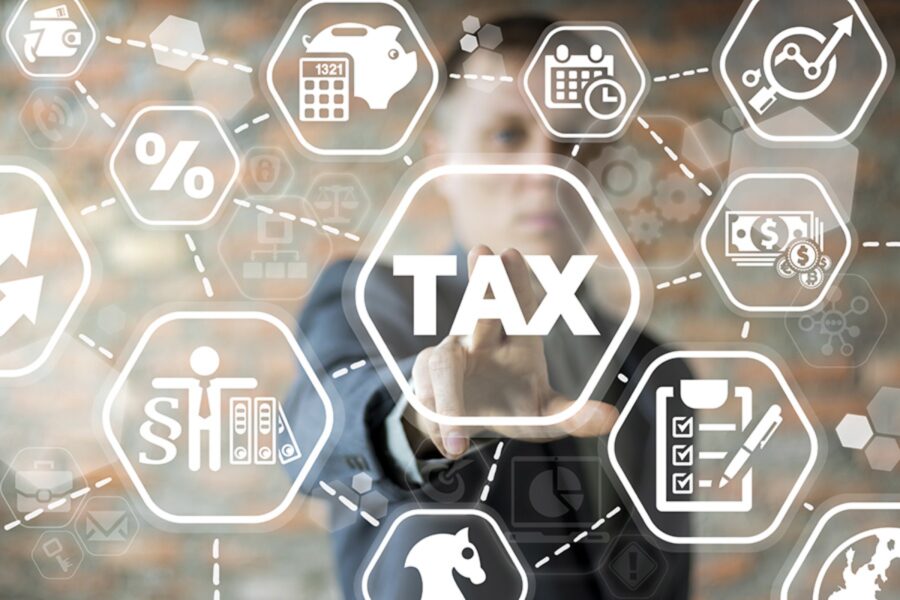MPs propose rise in Dutch gambling tax

Two MPS from different parties have proposed an amendment to raise the tax rate on gambling.
The Netherlands.- Two MPs have proposed an amendment that seeks to raise the rate of gambling tax in the Netherlands. Their proposal would amend the Dutch Gambling Tax Act, article 5, paragraph 1, to increase tax by one percentage point from 29.5 per cent to 30.5 per cent.
The proposal was submitted by Silvio Erkens of the People’s Party for Freedom and Democracy and Chris Stoffer of the Reformed Political Party. Their objective is to reduce a proposed increase in duty on alcohol, which they say would affect small businesses.
They suggest that the proposed hike in alcohol duty could be reduced if the difference is made up for in hikes on gambling tax and excise duty on tobacco. They suggest that a one-point rise in gambling tax would generate an additional €26m. Tobacco would make up the remaining €48m needed.
The MPs argue that the launch of regulated online gambling in the Netherlands in October 2021 has led to a “significant increase in the turnover of online gambling companies”. They have proposed that the Dutch Gambling Tax Act be modified to differentiate between types of gambling, thus allowing the tax hike to be applied to online gambling only. They have called for the government to introduce the amendment by 2025.
This week, the Dutch minister for legal protection, Franc Weerwind, announced a multi-year campaign against fraud connected with online gambling. He said the digital resistance effort was a response to concerns raised in parliament about match-fixing via social media.
He made the announcement in a response to SP, CDA and Christian Union MPs who raised questions about news reports alleging that social media influencers were defrauding victims via Telegram by helping to promote fake sports results. Weerwind said there was no evidence of match fixing but said he had concerns that fraudsters were targeting young people. He said the new campaign will promote messages that aim to educate young people to recognise scams and offers that are too good to be true.










